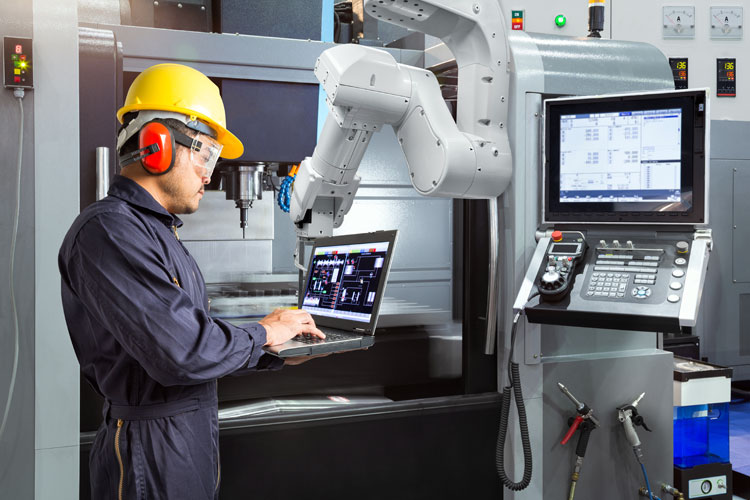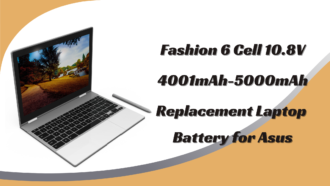5 Factors to Consider When Choosing an Industrial Computer
- 1 How to Buy an Industrial PC
- 1.1 CPU
- 1.2 RAM
- 1.3 Temperature Range
- 1.4 Operating System
- 1.5 Price
Need some help choosing the right industrial computer? You’ve come to the right place. In this guide, you’ll find a list of 5 factors to consider when you choose an industrial computer. Whether you’re in manufacturing or construction, these 5 factors are key.
There are many different factors that you need to take into account when choosing an industrial computer. Simply put, it’s something that you can’t rush. After all, industrial computers are long-term investments that greatly impact how businesses operate. For example, many factories now have automated systems that are heavily reliant on computers to control the production process and keep everything running smoothly. The second a computer becomes damaged or stops working downtime follows — which no business on the planet wants to experience.
How to Buy an Industrial PC
You can browse an excellent range of industrial PCs online. There are many different options to choose from, including fanless industrial PCs and mini industrial PCs, which is why it’s important to take your time before you make a decision. While browsing the different industrial PCs on offer, here are the five most important factors to consider:
CPU
Firstly, there’s the CPU.
The CPU, also known as the ‘processor’, is vital. This is because it provides the computer with the power to perform its functions. In a nutshell, the better the CPU, the better the industrial computer can perform.
Now, when it comes to industrial computer CPUs, there are many different options on the market. Here are just some of the most commonly used CPUs in industrial computers:
- 9th Gen Coffe Lake (Intel)
- 8th Gen Coffee Lake (Intel)
- Ryzden 7 (AMD)
For example, with Intel’s 9th generation processor, you have a processor that comes with hyper-threading technology made for the next generation of applications. However, there’s nothing wrong with choosing an industrial PC with an older processor, but it’s generally recommended that you opt for a newer processor with better features.
RAM
Next, you need to consider the RAM.
RAM stores all of the data that helps a computer perform tasks, such as loading and closing apps.
When you look at industrial computers, the RAM options presented to you will typically be 8GB, 16GB, and 32 GB. The amount of RAM you go with is dependent on the size and scale of your operations. If you’re running a large number of programs and operating countless pieces of machinery, then you should choose 32GB.
Temperature Range
Temperature range is extremely important when choosing an industrial computer.
If your shop floor or factory regularly experiences high temperatures, you must choose an industrial computer with a large temperature range. This way, it’ll be able to withstand the heat and won’t experience breakdowns or faults.
For businesses operating in super cold or warm environments, a temperature range of -40° to +85°C will be suitable.
Operating System
Industrial computers are compatible with either one or multiple specific operating systems, such as Linux and Windows 11. You need to choose an industrial computer that matches the operating system your business plans to use. For example, don’t choose an industrial computer that operates on Linux if you’re using Windows 11.
Price
Industrial computers all vary in price.
Most of the time, it depends on the brand and the above-mentioned factors like CPU. On average, you’ll be looking at somewhere between £200 and £1500.
Creating a budget for your industrial computer and progressing from there is a good idea. Remember that industrial computers are long-term investments, so even the more expensive ones are usually worth it.

















